May the 4th be with you! An appropriate day to celebrate National Teacher’s Day, and for us at Chiro Connect we are specifically celebrating educators and tutors of kids with Specific Learning Disabilities (SLD).
It can be a tough gig for many parents seeking help for kids with learning difficulties. SLD educators and tutors (and your chiropractor of course!) are there to guide and support you on your way to success.
SLDs come in many forms with dyslexia, dyspraxia, dyscalculia, dysgraphia and ADHD being the most common forms.
written language,
spelling and/or maths,
formulating ideas,
sequencing ideas, and/or
planning and organisation.
People with SLD may struggle with:
listening,
thinking,
speaking,
reading,
hand-writing,
These kinds of learning disabilities are NOT a problem with general intelligence, but often tend to be a problem of processing or creating the needed connections within the brain.
Here at Chiro Connect we love working with kids with learning difficulties and disabilities.
Chiropractic care doesn’t ‘cure’ learning difficulties- our main focus is on working with how the brain and body communicate, specifically looking at:
function of the cerebellum (movement and learning centre).
function of the pre-frontal cortex (planning, processing, and control centre),
balance and coordination (proprioception and sensorimotor integration- especially important in dyspraxia), and
Retained Primitive Reflexes.
We check for, and help to remove, stress and dysfunction in the brain and body. Over the years we have had people tell us they have had marked improvements in reading and writing ability, concentration and memory, and overall school performance, as well as balance and coordination.
We also love working in with tutors and teachers (and nutritionists, behavioural optometrists, speech therapists etc) to help kids achieve the best outcomes possible.
SLD educators and tutors are trained in specific learning support in order to assess, teach and support kids with a wide range of learning difficulties. They work on the ‘underpinning areas of need’ to help strengthen learning pathways, while at the same time assist in developing strategies utilising a child’s strengths to reduce areas of weaknesses.
Tutors and educators of SLD provide a student with an individual learning plan, tailored to their assessment results. This is usually based on a cognitive/ behavioural assessment from an educational psychologist.
Learning plans outline difficulties and strengths, provide recommendations to support kids within the classroom, for classroom teachers, and make recommendations for other professional practitioners if their assessment indicates a need.
If indicated as a need within an assessment, specific exercises designed to help with cross patterning (helps left/right brain communication), hand-eye coordination, and calming the nervous system down may be given.
One of the huge benefits of professional collaboration is when the ‘best interest of the child’ is forefront in everyone’s mind. Collective communication, and support within each practice to utilise the strengths of what each of us can provide, has the greatest outcomes. It is a unique example of creating a ‘wrap around’ approach to an individual’s wellbeing, health and learning.
When we (at Chiro Connect) work in with tutors, we are able to tailor home-care even further, working with learning difficulties from different vantage points.
The challenges faced through having a SLD can be reduced, strategies learned, exercises followed and understanding expanded. There is much you can do at home to strengthen the largest ‘muscle’ in the body- the brain.
With support, having and SLD can enhance an individual’s capacity to develop in ways others might not. Strangely enough, with the right support in place, ‘it is a gift’.
We refer people locally to Jo McArthur (who helped in writing this article) for further advice on where to start for help. Jo’s contact details are:
Mobile: 021619585
Email: mcarthurjo@gmail.com
Who do we work with and recommend locally?
If you are already seeing any of these practitioners, ask about working together as a team to achieve your best results.
Other professionals:
Dynamic Development OT
Ocula- behavioural optometry
Central Vision- behavioural optometry
Shout- speech language therapy
Fusion- Naturopath Nikki Potts
Private Tutors:
Jo McArthur
Karen Ruddenklau
Johanna Vermuelen
Lucy Fullerton
(More options are available- contact Jo McArthur for help)




